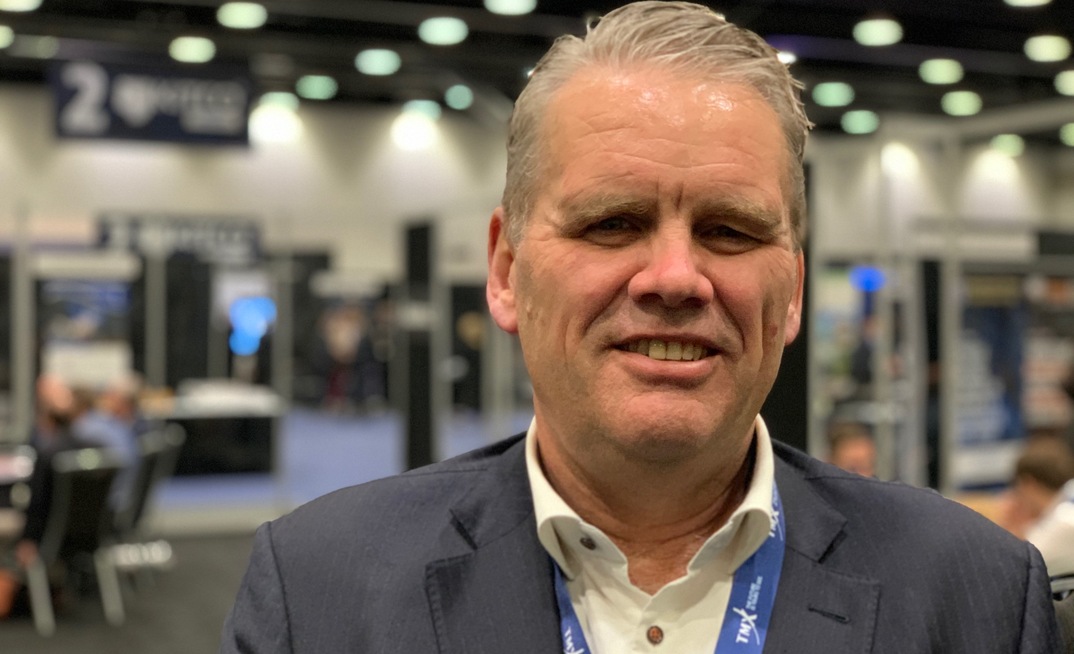Wheaton Precious Metals president Randy Smallwood has called on US bureaucrats to back up the intent of policy shifts designed to supposedly encourage critical-mineral development with action.
"The biggest shift [from the Inflation Reduction Act] seems to be around streamlining the permitting process - though it definitely feels to be more talk than action, at the moment," the streaming firm chief told Mining Journal.
Wheaton has an ‘early-deposit agreement' structure that supports juniors through that tricky period leading into a development decision by providing up-front partial payment of a stream ahead of feasibility and permits being granted.
Smallwood said that difficult window was being made even more challenging by the ambiguity around permitting and the ease with which that process could be disrupted.
"These single-asset development companies don't have any other form of income," he said.
"They're trying to bring these assets forward and doing it on a shoestring budget, then all of a sudden a permit that should take 18 months takes five or six years because of one squeaky wheel - one NGO or civil society group will disrupt the process and take any and every avenue available to block legitimate developments."
Smallwood said the current discussion around expediting critical mineral projects was necessary but needed teeth. He said the ambition was not to side-step regulation or lower standards, but to allow projects proposed in line with best practice to be developed quickly.
Hudbay's Copper World project in Arizona was a great example of a flawed permitting process contributing to the development-company graveyard.
"That permit [for the most efficient operation scope] was initially applied for back in 2004 - three companies ago," Smallwood said.
"HudBay now owns it and had the permit for a very short period of time, before it was revoked.
"Now they're wasting money and burning more carbon to build a smaller-scale operation on freehold, rather than federal, land.
"It's basically counterproductive for the objectives of all stakeholders. It's so wasteful - we're driving inefficiencies."
Constancia, Salobo compensate for Peñasquito troubles
Operationally for Wheaton, strike action that began at Newmont's polymetallic Peñasquito mine in Mexico on June 7 and ended on October 13 was likely to negatively affect September-quarter results due next month. However, outperformance at the Salobo (Brazil) and Constancia (Peru) mines should more than compensate for that disruption.
Wheaton has a 25% silver stream at Peñasquito, a 75% gold stream at Salobo, and a silver (100%) and gold (50%) stream at Constancia. Performance from the Voisey's Bay nickel operation where Wheaton holds a 42.5% cobalt stream has also been strong
Smallwood said the performance at the flagship Salobo operation would continue to heavily influence performance.
"Salobo is our largest asset and it's starting its third line, as well as doing preventative maintenance on lines one and two to get more out of them," he said.
"Vale is really committed and focused on its flagship - having spun out the base metal assets - which continues to improve. I think that will continue to outperform our previous expectations.
"Wheaton has turned a corner and we have five years of consistent growth coming up. So, every quarter should be slightly better than the one before. Everything is lining up perfectly to deliver on that.


























